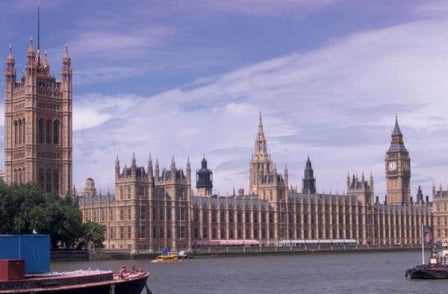
Ministers claim the new legislation "reverses the chilling effect" previous libel laws have had on freedom of expression and legitimate debate.
Journalists, scientists and academics have faced unfair legal threats for fairly criticising a company, person or product in the past, the Ministry of Justice said.
Justice minister Shailesh Vara said: "As a result of these new laws, anyone expressing views and engaging in public debate can do so in the knowledge that the law offers them stronger protection against unjust and unfair threats of legal action.
"These laws coming into force represent the end of a long and hard-fought battle to ensure a fair balance is struck between the right to freedom of expression and people's ability to protect their reputation."
The Defamation Act contains a series of measures including protection for scientists and academics publishing peer-reviewed material in scientific and academic journals, and protection for those who are publishing material on a matter of public interest where they reasonably believe that publication is in the public interest.
A new process has also been introduced aimed at helping potential victims of defamation online by resolving the dispute directly with the person who has posted the statement.
It should offer better protection for the operators of websites hosting user-generated content, the MoJ said.
Elsewhere, a single publication rule to prevent repeated claims against a publisher about the same material has been introduced.
"Libel tourism" has been targeted by tightening the test for claims involving those with little connection to England and Wales being brought before the courts.
Email pged@pressgazette.co.uk to point out mistakes, provide story tips or send in a letter for publication on our "Letters Page" blog
